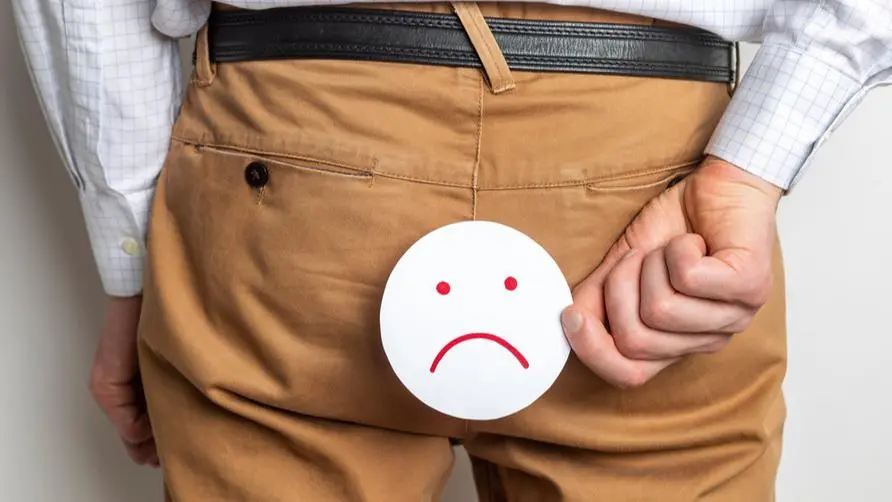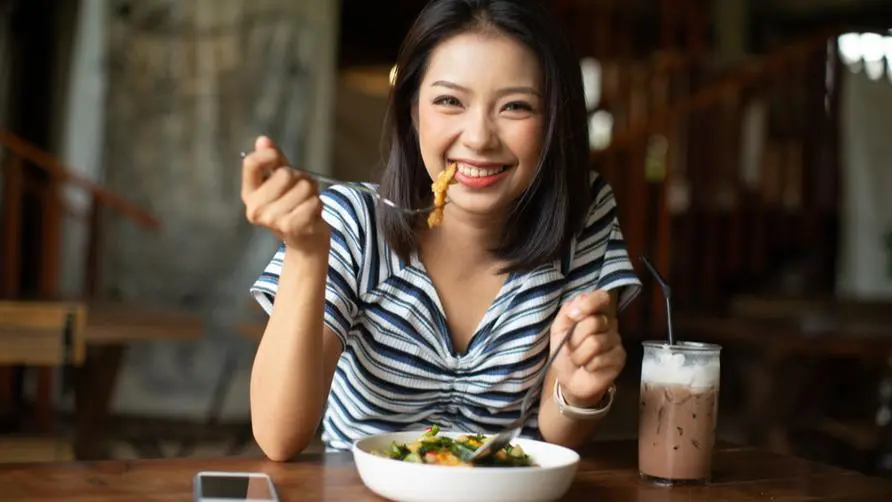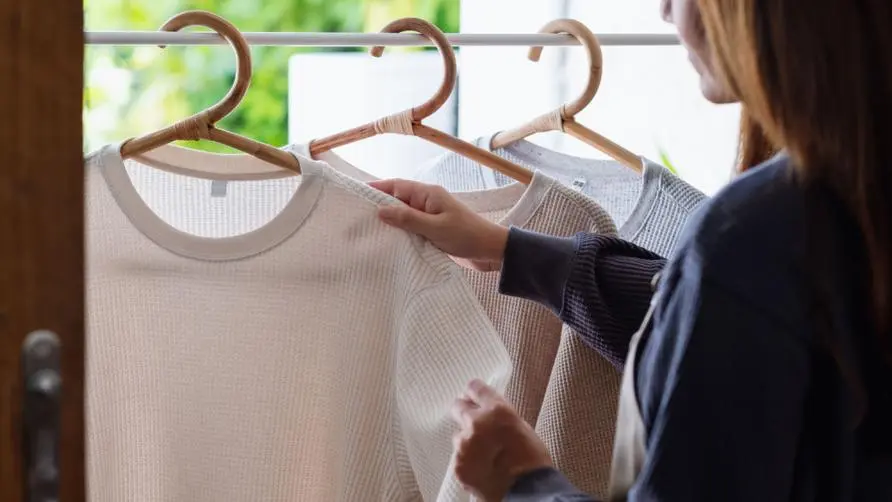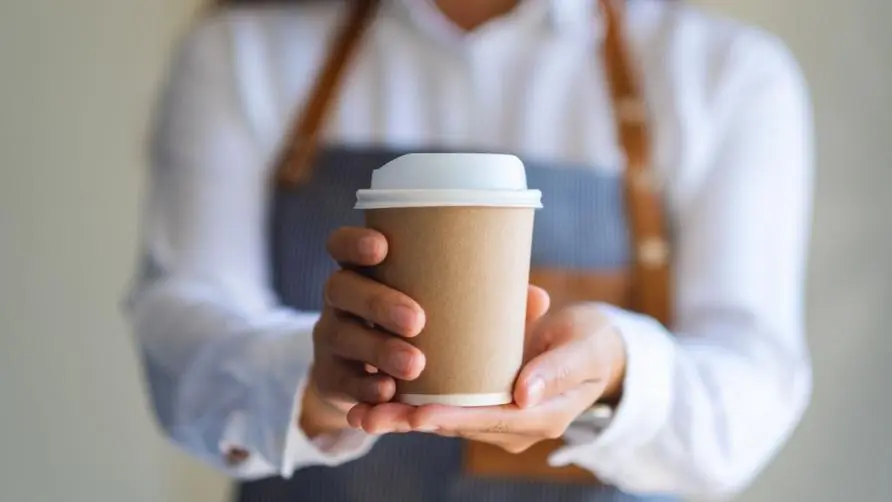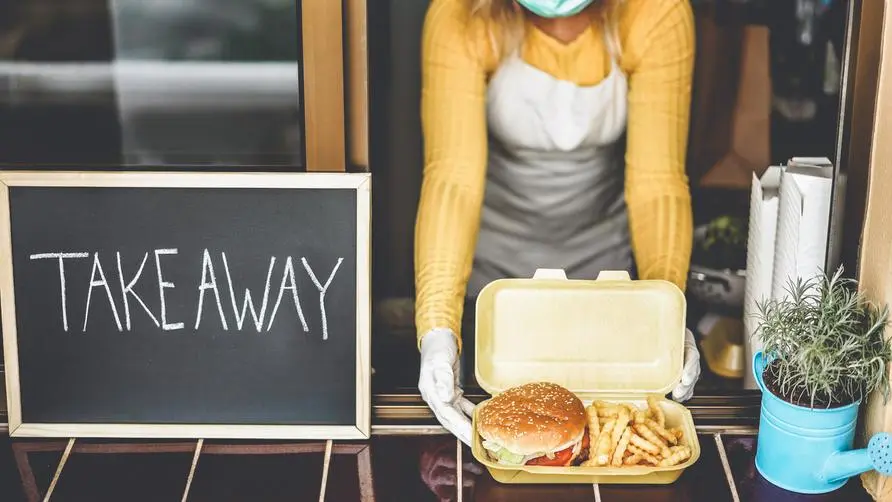Is there any concern that putting food in a microwave oven may cause cancer? Nutritionist clarifies: Frequent "4 behaviors" are more dangerous
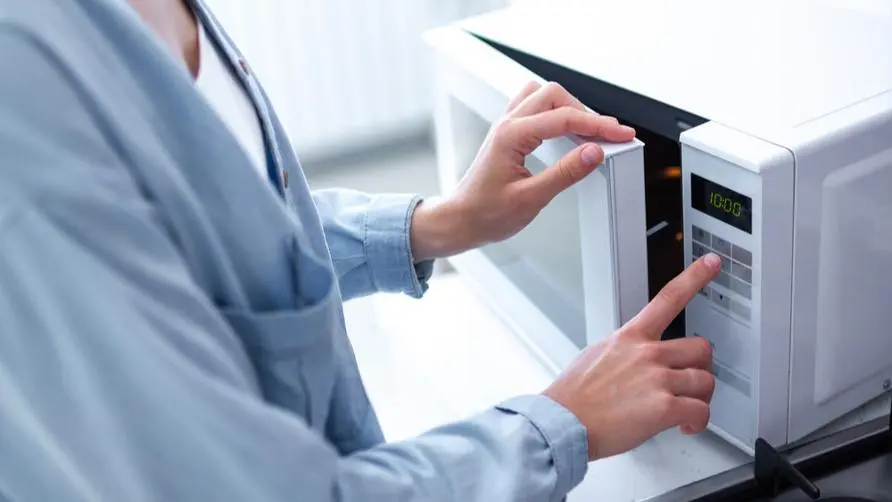
Microwave food does not cause cancer? There is a risk of poisoning if “this item” is heated repeatedly.
Are there any concerns about “cancer” when putting microwaved food commonly seen in supermarkets or cooking bags sold in hypermarkets in a microwave oven? Nutritionist Gao Minmin posted on social media to clarify that the older generation of people often have myths such as eating less microwaved food and that radiation will leak out when heated in the microwave. In fact, neither the microwave itself nor the food heated by microwaves has enough radiation to cause harm to the human body.
Dietitian Gao Minmin said that microwave ovens heat food purely by “releasing heat energy” during the heating process, so the radiation does not remain in the food. What you need to be careful about is that the sodium content of microwaved food is too high and nutrients are easily lost. In other words, the number of times you use a microwave oven and whether it is very close to the microwave oven will not actually cause harm to the human body.
However, even though the risk of cancer caused by microwave ovens is extremely low, there is still a certain risk if used incorrectly. Nutritionist Gao Minmin lists the “four major risks” of long-term reliance on microwave ovens as follows:
Nutrients are lost through repeated heating. Reheating food will not only breed bacteria, but also cause the food to lose nutrients. It is recommended to only heat once, and do not reheat excessively.
There is concern that the overnight dishes will spoil. Do not reheat eaten food overnight to avoid food contamination caused by saliva. It is recommended to save it as a bento in advance and serve it before eating.
Microwave time is too long. Food must be completely heated when reheating. Heating food above 70°C is more effective in sterilizing. However, if the microwave time is too long, the food will turn into hard lumps, and if the microwave time is too short, the food will not be cooked thoroughly. It is recommended to pay more attention to the microwave time.
Do not heat cling film or plastic. It is recommended to remove various plastics, such as cling film, plastic, etc., before microwave use to avoid accidentally ingesting plasticizers. However, one of the more special ones is the plastic packaging in convenience stores, which usually has no safety concerns and can be directly microwaved.
Do not put metal containers and shelled food in the microwave! Nutritionist warns of ’explosive consequences'
In addition to the above four major risks, nutritionist Gao Minmin also reminds the public that “four items” in daily life must not be put into the microwave oven to avoid the risk of explosion:
Sealed food: such as unopened food or leftovers covered with plastic wrap.
Metal containers: such as iron lunch boxes, metal containers, tableware, etc.
Food with skin: Do not put skinned fruits such as grapes in the microwave oven.
Food in the shell: For example, eggs in the shell or a whole hard-boiled egg.
Nutritionist Gao Minmin said that the safest way to use a microwave is to “prepare each meal in the right amount.” It is recommended to abide by the principle of “cook as much as you eat” when preparing meals at home; when heating food, remember not to put food with shells, skins or metal containers in the microwave to avoid risks such as explosions, fires, and glass splashes. If you feel unwell after eating, you should seek medical advice as soon as possible to clarify your symptoms.
Further reading:
